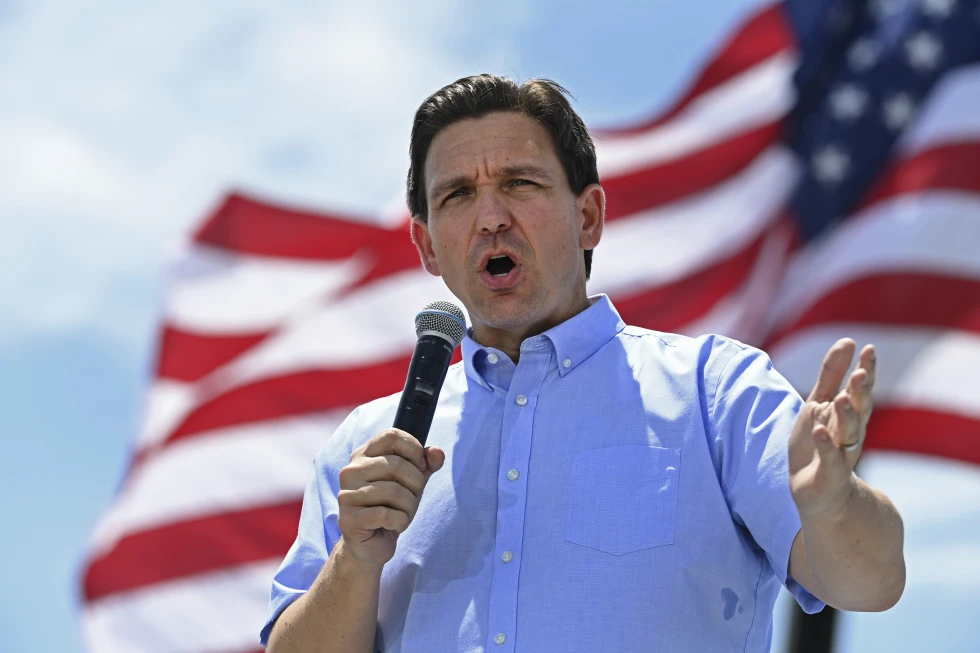In a significant legal challenge in Florida, a federal judge has raised critical questions about the state’s controversial ban on transgender healthcare for minors and the imposition of restrictions for adults. This legal scrutiny comes amidst a backdrop of false information circulated by Governor Ron DeSantis about the nature of medical treatments for transgender individuals.
DeSantis’ Statements Under Judicial Lens
Governor Ron DeSantis, a prominent Republican figure and presidential candidate, has been noted for spreading misleading statements about the medical treatment of transgender children, claiming without evidence that doctors are mutilating children’s genitals. Judge Robert Hinkle, in a recent hearing, openly questioned the motivation behind these statements. “This seems to be more than just hyperbole,” Hinkle remarked, signaling a deep skepticism towards the governor’s stance.
The State’s Defense and Judicial Skepticism
Mohammad Jazil, representing the state, argued that the law’s intent was to ensure public safety in an area needing more regulation, emphasizing that it was not about targeting transgender individuals. However, Judge Hinkle, appointed by former President Bill Clinton, expressed doubts about this rationale. He highlighted that if the state’s intention was to target transgender people, it could have imposed an outright ban on all treatments for both adults and children.
Nationwide Implications and Ongoing Legal Battles
This trial in Florida is part of a broader national debate, with at least 22 states enacting laws restricting gender-affirming medical care for transgender minors. These laws have led to a series of legal challenges and mixed court rulings. The first such law in Arkansas was struck down by a federal judge, citing a violation of the due process rights of transgender youth and their families.
A Pattern of Targeting Transgender Individuals?
Thomas Redburn, representing trans adults and families of trans children, argued that Governor DeSantis and the Florida Legislature have demonstrated a pattern of targeting the transgender community. He listed several recent laws affecting this group, including restrictions on pronoun use in schools, the teaching of gender identification, access to public bathrooms, and participation in sports, further intensifying the ongoing legal and social debate surrounding transgender rights in Florida.

